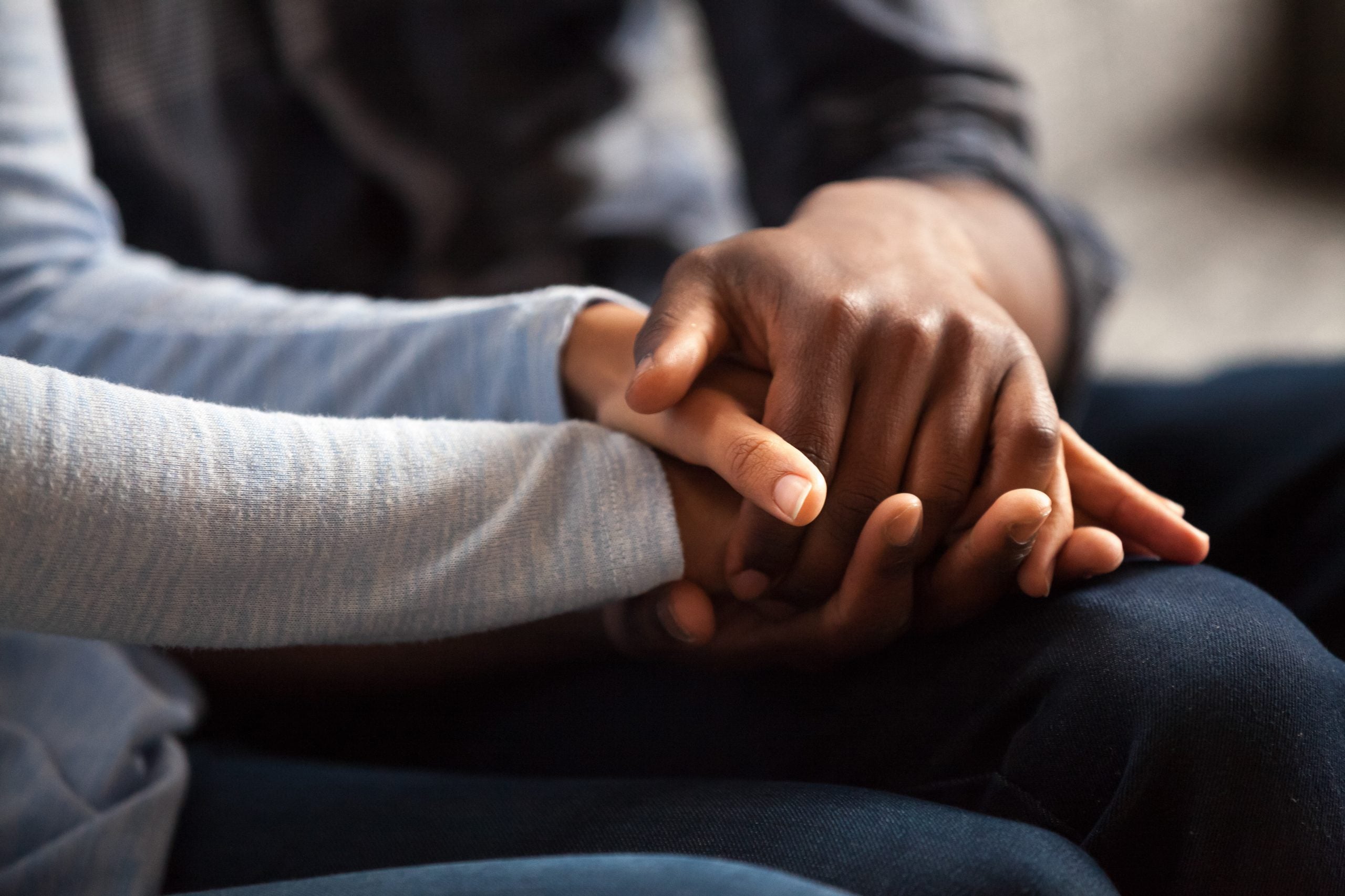
September is National Sickle Cell Anemia Awareness Month. Sickle cell anemia is a disease that is inherited genetically through a trait passed to a child by both parents, affecting the blood cells. Under typical circumstances, red blood cells are disc-shaped and flexible to move freely through the blood vessels. The sickle cell gene mutation causes sickle cell patients to have crescent-shaped blood cells that cause excruciating pain when they travel through the body’s vessels.
According to the CDC, the disease affects about 100,000 people in the United States, and more than 90% are Black or non-Hispanic. Sickle cell disease comes with a number of complexities, but something individuals living with it say is not as complicated as people might think is dating. The experience can be like that of any other person, but that depends on one’s education on the disease.
Cassandra Trimnell lives with sickle cell anemia. She is the Founder and Executive Director of Sickle Cell 101, a non-profit organization located in Silicon Valley, Calif., dedicated to advocacy and educating the public about sickle cell anemia. Trimnell has been married for the past 12 years. When she met her now-husband, he made an effort to learn about the disease and how it could impact their relationship. He asked questions.
“So there was that learning curve initially. I explained the disease and let him know I will be in pain,” she says. “You can’t really prepare a person until they’re in it and they go through the difficult times with you, and they can decide if it’s for them or not, and that’s the difficult part. In my case, my husband was willing to rise to the occasion. In the past, I never had an issue with dating; no one ever left me because of my sickle cell diagnosis.”
Entrepreneur, owner of the Vita Stars multivitamin company, and recently retired music industry professional Harry McKee Jr. recounts his experience living and dating with sickle cell anemia before marrying his wife four years ago. He says he was never rejected due to his prognosis, but initially, his wife’s parents warned against dating him due to their fear and a lack of understanding.
“When I met my wife, her grandparents had family that died from sickle cell, so when they found out I had it, they told her not to date me,” he says. “Obviously, she didn’t listen.” McKee says prior to their relationship, when open about having sickle cell, “I never had anyone reject me, but my mother made sure to warn me not to marry someone with the sickle cell trait.”
He says he would advise people who are actively dating with sickle cell to provide as much information as possible to their partner. “When you do tell them, give them as much information as possible so they understand what it is,” he shares. “Tell them your story so they can understand what it is.”
Throughout their lives, sickle cell patients may experience excruciating bouts of pain, called a sickle cell crisis. A crisis can last days, weeks, or even months.
Assistant Professor of Medicine (Hematology) at Yale School of Medicine, Cece Calhoun, MD, explains, “A sickle cell crisis is when there is a blockage of blood flow and thus oxygen to certain parts of the body due to the clumping of sickled cells. This lack of blood flow and the return of blood flow to the tissue can cause injury, which manifests as severe pain. Sickle cell pain crises are very complex in nature, are unpredictable, and require immediate treatment with pain medications, sometimes in the Emergency Room setting.”

Trimnell recalls a time when an ex-boyfriend saw her in the hospital due to a crisis, and to her surprise, she realized that that was how he was learning of her having sickle cell anemia. “I hadn’t told my boyfriend at the time, and he found out by seeing me in the ER, in pain… and you know, in the beginning, dating stage, you want to be cute; you don’t want to be burdensome, and you don’t want to show your cards yet. When I saw him, I felt my spirit leave my body. I was in shock,” she says, laughing.
McKee is a firm believer that for those who want to be a support in their partner’s experience, helping them improve their diet will make a difference in the way they’re impacted by the disease because a balanced diet can prevent certain complications.
“Be a champion of change in their life because changing your diet alone can be difficult. A lot of people need those accountability partners and those champions,” he says. “If you are dating someone with sickle cell, be a change agent in their life to help improve their diet.”
As for Trimmell, she says patience is key when looking for the right person for those with sickle cell. “Change can be slow, especially when you are teaching someone how to take care of you,” she says. “So you have to have patience to watch them evolve into the person you need them to be.”
Although this disease is chronic, healthy relationships are occurring. According to Calhoun, a romantic partner plays a critical role in helping an individual with sickle cell have the best quality of life.
“The unfortunate truth is, despite recent medical advancements, the life expectancy of a person with sickle cell disease is significantly less than someone without sickle cell disease. Naturally, this means that a person whose partner has sickle cell disease will experience worry,” Calhoun says. “Caregivers and partners play a critical role in bringing about the best quality of life to people with chronic diseases, including sickle cell disease. It’s one component of journeying with the people that we love.”







